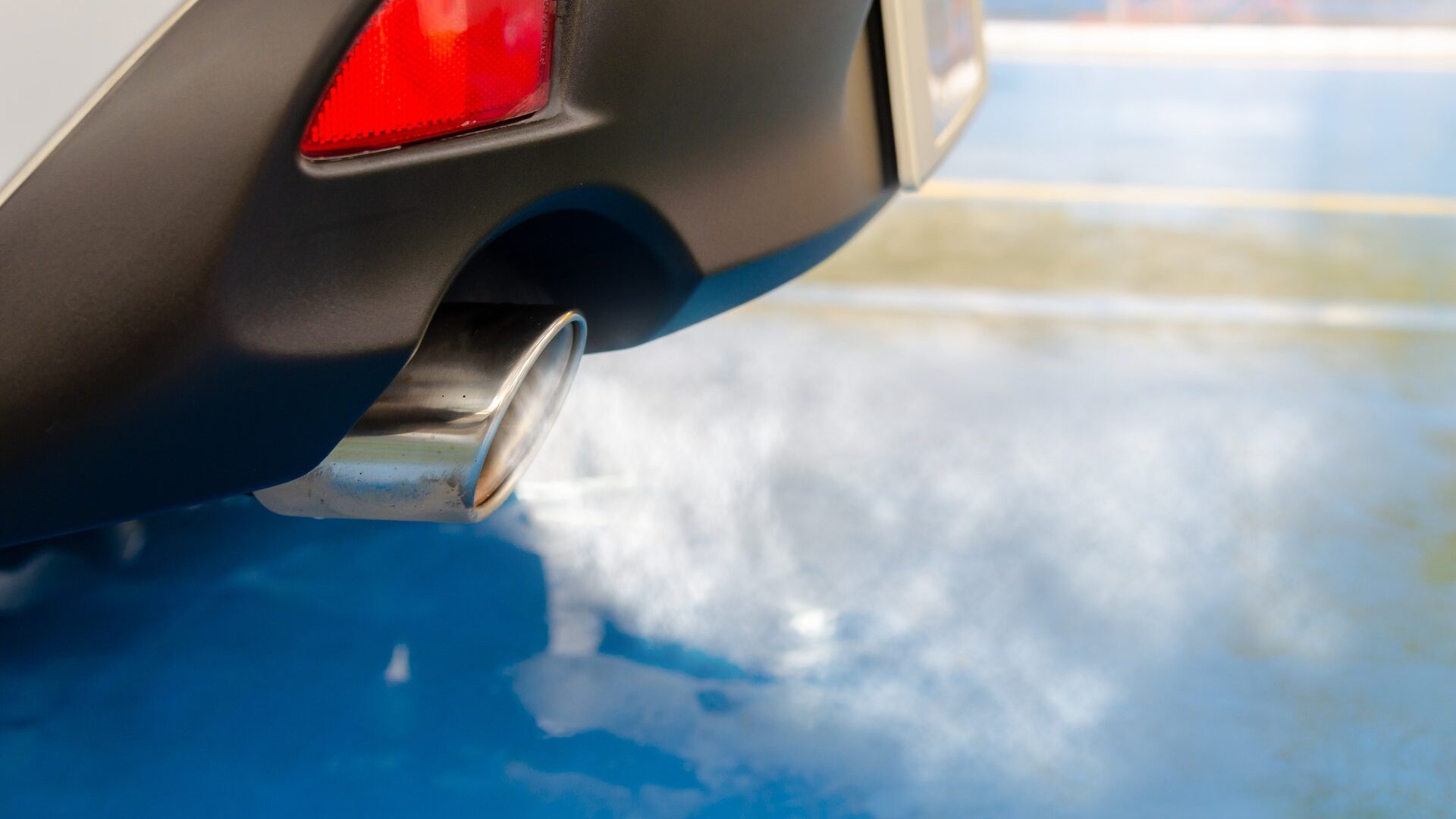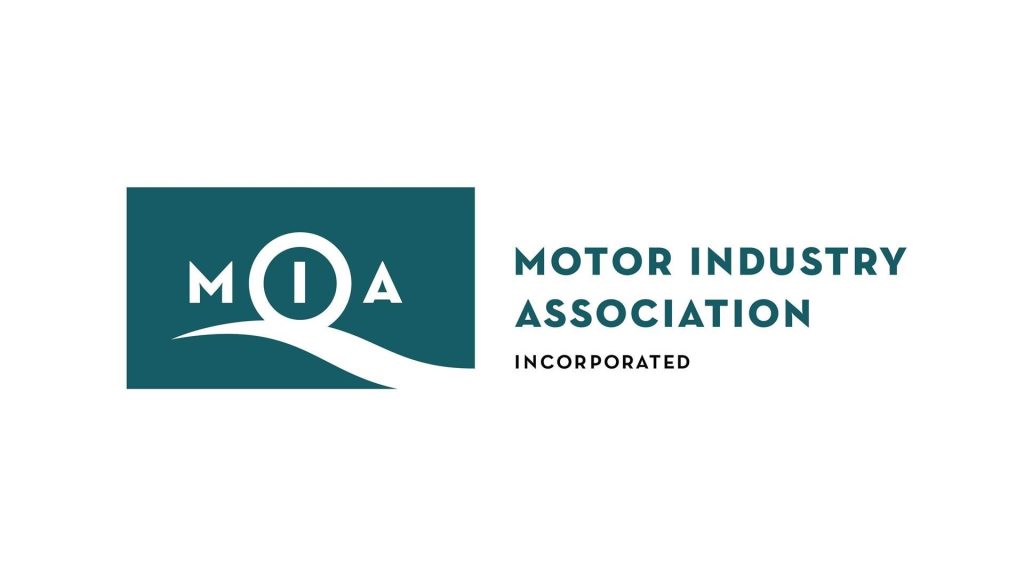Brown Pushes Through Weaker Car Emissions Standards
Documents obtained by 1 News indicate that transport Minister Simeon Brown weakened carbon emissions standards to meet the car industry’s clean car standards demands. His officials wanted to give Cabinet another month to allow more consideration of options. Environment officials said the move risked blowing the country’s climate targets. However, they were told they were too late to get the advice in a Cabinet paper.

A 2019 study showed the clean car standards would save New Zealanders $1.2 to $4.7 billion over 20 years, and roughly $7000 a year per vehicle in fuel savings. Despite lobbying by major car industry groups, the clean car standards were introduced but the industry succeeded in getting them weakened this year after National promised to review them.
New Zealand’s standards will now lag Europe by about five years. They will align with Australia, where incoming rules were also weakened after car industry pushback.
The change to the standards was announced to the public in early July. Brown told RNZ he made the decision when he did to give both consumers and the industry certainty and ease cost of living pressures. Importers had told him they would pass on penalties for not meeting the standards to customers, he said.
The standards came with a built-in review, scheduled for this year.
Documents showed Brown directed his officials to engage with only the MIA, MTA and Imported Motor Vehicle Industry Association regarding the timeline and scope for the review. These were the most outspoken opponents of the clean car standards introduction. Brown ignored a suggestion from his officials that other interested organisations, such as Drive Electric, be included.

Asked why he left them out, Brown said “Targeted consultation with vehicle industry stakeholders was considered appropriate due to the technical nature of the proposals and because vehicle importers are most affected by any policy changes. The stakeholders consulted count manufacturers of electric vehicles among their members.”
After consulting those groups, transport officials concluded the targets were unachievable. The MIA said that unless the standards were weakened, three-quarters of imports would attract penalties in 2027. Importers would be adding roughly $5000 per vehicle to new buyers, a total of $800 million in penalties.
Transport officials estimated weakening the standards could add up to two million tonnes of carbon dioxide emissions to the atmosphere between now and 2050. However, they considered that level of emissions insignificant in the scheme of the country’s climate targets, especially considering the remaining standards would prevent more than nine million tonnes of carbon dioxide entering the atmosphere.
They told Brown it was unlikely the original standards would have achieved their full estimated climate benefits anyway, because the car industry would not have been able to meet them.
But their counterparts in the Ministry for the Environment thought otherwise, warning that the changes could make it “materially” harder to meet the country’s climate targets.
“[The Ministry for the Environment’s] view is that this paper would have benefited from considering additional options that could better balance the impact on consumers and ambition for emissions reduction. This could include options to support industry to meet existing targets, options to adjust the level of charges for exceeding targets, and options for more moderate reductions in targets.
“Substantially reducing ambition from short-term targets should not be the only option considered in response to missing those targets.”
However the officials were told the Cabinet paper had already been lodged.





